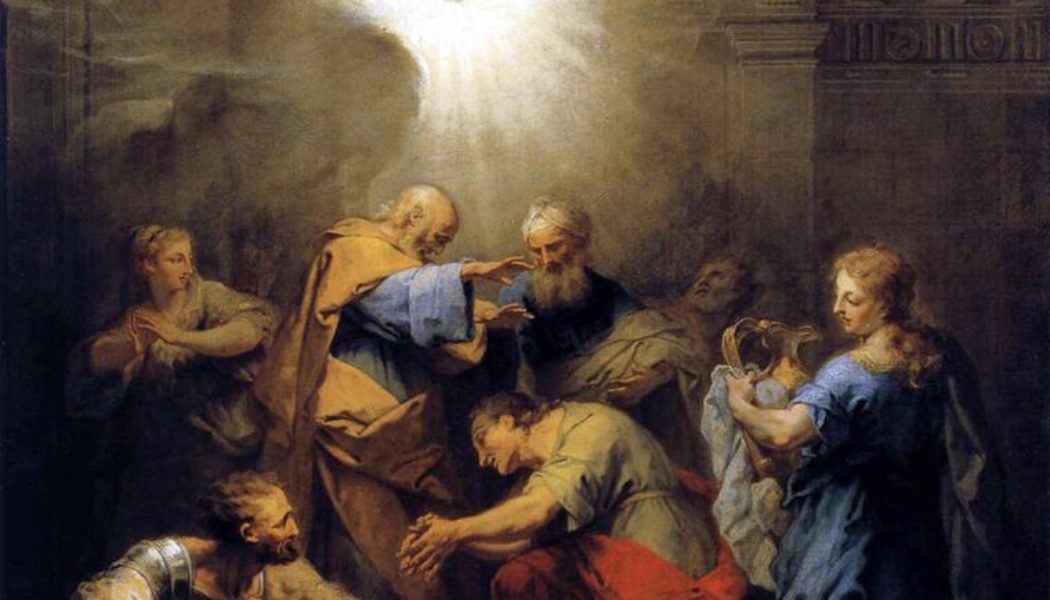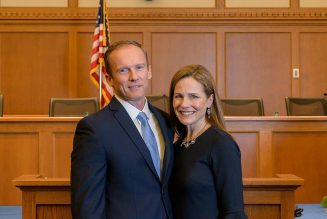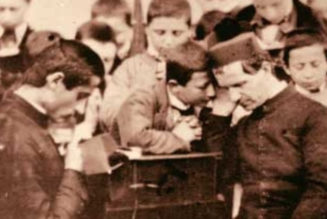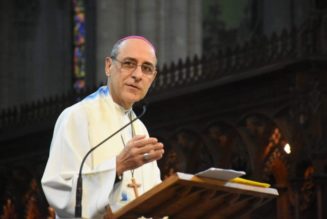
Sometimes I wonder if we Catholics even want to bring people to the Catholic Faith anymore. We often don’t act like we do. I note this after spending some time on Facebook and making three observations.
1. We mock others, and cheer on others who do.
Judging by the sum of social media, it is clear that laity, priests and prelates alike have become increasingly eager to publicly mock and belittle others. When we mock others on social media, we invite our Facebook posse to “like” our uncharitable words. This constitutes the sin of scandal and can make the faith look terribly unattractive.
Every time we Catholics uncharitably mock a non-Catholic, especially publicly, we are hurting that person’s chances of converting to the Faith — ever. It is irrational to think that we can mock a man and call him names, yet expect that man’s conversion.
To be sure, we must admonish the sinner (privately, if at all possible), but in a way that exhibits love and respect for the person’s innate dignity — that is, in a way that recognizes the person’s creation in the image and likeness of God.
Father Lawrence Lovasik offered this counsel: “Do not indulge in even a little stinging criticism, no matter how certain you are that it is justified. You will stir up a resentment that may last a lifetime.”
2. We seem more disturbed by the sins of others than by our own.
One particular person’s sins should bother me most: mine. But it doesn’t often work that way.
In the confessional, we may begin by saying, “Bless me, Father, for I have sinned.” But outside the confessional, we seem to say, “Bless me, my ‘friends,’ for they have sinned.” And we not only want to point out the sins of others, we want the applause of our friends for doing so.
When it comes to hating the sin, we’re pretty good at it — just not our own sins, which we so often give a pass. But gauging by the judgmentalism in social media, we’re also not very good at loving the sinner.
After all, those sinners ought to know better. Right? When I find myself in that mindset, I think back on the opening to The Great Gastsby:
“In my younger and more vulnerable years my father gave me some advice that I’ve been turning over in my mind ever since. ‘Whenever you feel like criticizing anyone,’ he told me, ‘just remember that all the people in this world haven’t had the advantages that you’ve had.’”
If we hope to evangelize, we would do well to remember this father’s advice.
3. We seem to care more about politics than apologetics.
Studying apologetics — the reasoned defense of the Catholic faith — can serve to intellectually nourish our own faith and help us to communicate this faith to others. But when it comes to engaging opponents online, we seem to ignore apologetics altogether in favor of politics.
During Eastertime of this year, I wrote a blog essentially asking the question:
Was the body of Jesus stolen from his tomb? Because if it wasn’t, his claims of divinity must be taken seriously, as many have pointed out for centuries.
But instead of focusing on that question of inescapable importance, my Facebook feed was filled with inquiries as to whether the U.S. presidential election was stolen.
I followed this inquiry with a natural follow-up question: If Mary, the Mother of God, was not assumed into Heaven as we Catholics believe, then where is she buried?
During the course of my research for the article, I discovered something rather interesting: there is no record of early Christians looking for her body, or speculating as to where she might be buried. This means that either: (1) centuries of early Christians, who took incredible pains to properly bury their dead, exhibited a staggering lack of curiosity about the Mother of God; or (2) they believed — from the earliest days of Christianity — that Mary was assumed into Heaven at the conclusion of her earthly life.
Focusing on the life of Mary has brought many souls to the Catholic Faith. Countless saints attest to that fact, as does the Church’s constant counsel to pray the Rosary. But consider the fact that for the past 15 years, the subject of Mary’s “missing” body has received far less attention from many Catholics than the subject of Hilary Clinton’s missing emails.
When you add it all up, I simply wonder if we’re trying to convert people anymore. And if so, I wonder where evangelization ranks in our chosen order of importance.
Perhaps a personal story here could help drive home my point. Back in 1956, my father began his conversion to the Catholic Faith — with plenty of questions. He was blessed to find a kind and patient priest who respected my dad’s intelligence. But what if he hadn’t?
What if the priest called him an idiot?
What if the priest were overly judgmental of my dad?
What if the priest insisted on talking about Latin American politics instead of apologetics?
What if the priest never informed my dad that Mary loved him?
What if the priest never told my dad about the saints who bore the stigmata — a major turning point in my dad’s conversion process?
We’ll never know. But this much is sure: Bruce Clark came home to the Catholic Church in time for Christmas of 1956, and proceeded to get married and raise seven men in the Faith.
There are other Bruce Clarks out there — people who are honestly and earnestly searching for the one true Church. But if we want to bring them to the Catholic Faith, you and I need to make sure that their image of Catholics is one of intellectual and moral seriousness and powerful charity, not one of arrogance and dismissiveness.
Join Our Telegram Group : Salvation & Prosperity









